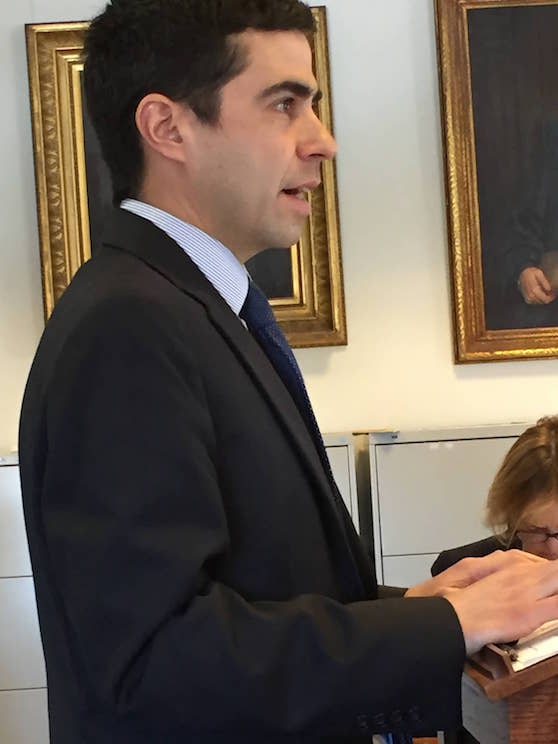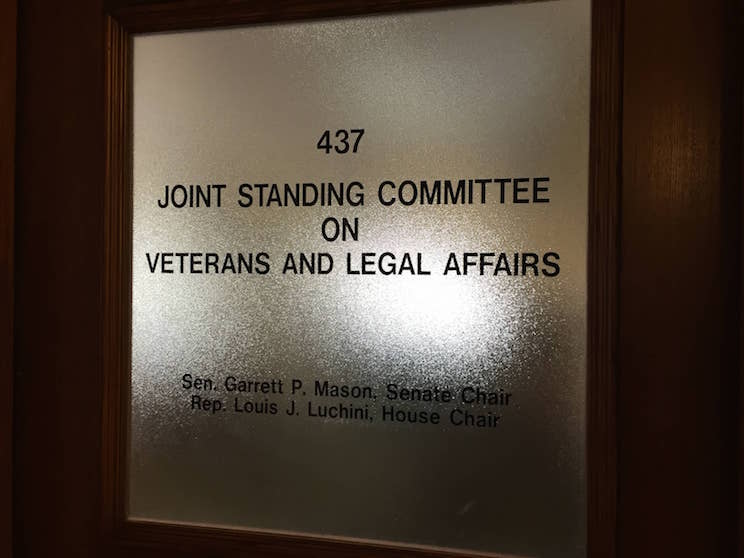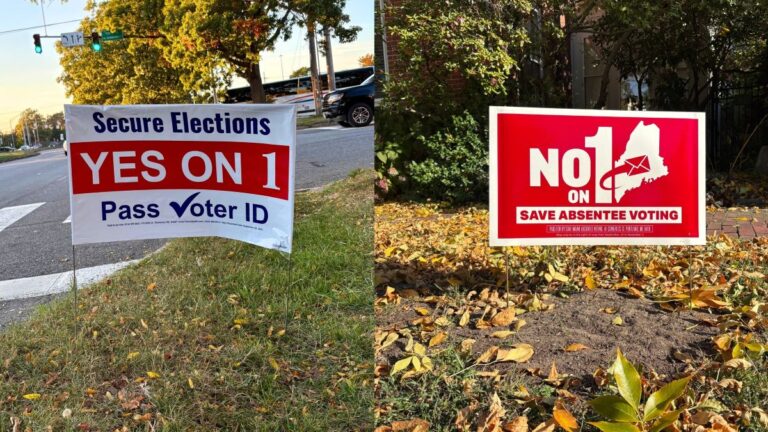AUGUSTA — A bill that bars lawmakers from paying themselves or businesses they own from political action committees under their control has become law.
The bill, An Act Regarding Political Action Committee Expenditures, passed unanimously through both the Maine House and Senate in mid-May. Gov. Paul LePage, who has not commented on the measure, chose to allow it to become law May 28 without his signature.

The legislation followed investigations in 2014 and 2016 by the Maine Center for Public Interest Reporting that revealed that two Democratic legislators, Sanford Sen. John Tuttle and Portland Rep. Diane Russell, had paid themselves out of money contributed to their PACs.
Rep. Louis Luchini (D-Ellsworth), the bill’s sponsor, called it a “commonsense” reform and cited the nonprofit investigative news service’s work as impetus for his legislation. As originally drafted, the bill would have also prevented legislators from paying family members out of PAC funds; an amendment later stripped out that aspect of the legislation.
“I don’t think it’s appropriate to be paying yourself from a PAC,” he said. “It’s the closest thing to getting paid directly by lobbyists.”
PACs are organizations that spend money to influence elections and campaigns. Legislators raise money, much of it from lobbyists, for PACs that they run. There are no limits on contributions to those PACs, nor are there rules that limit how the money may be spent.
The nonprofit’s two investigations found that lawmakers had stretched the limits of credible campaign expenses.
Tuttle used his PAC, whose purpose was to help other Democratic candidates run for office, to instead buy tires, pay for car repairs, reimburse himself for travel and pay his wife and daughter for computer services and for keeping his books.
Much of the money in the John Tuttle For Leadership PAC came from lobbyists and special interests, including the liquor and gambling industries; the committee chaired by Tuttle had jurisdiction over liquor sales, gambling, election laws, campaign practices and campaign financing.
The mission of Russell’s PAC was to “help support Democrats in winning seats in the Maine House.” Yet it paid her almost 20 percent of its total expenditures for “online organizing” and spent less than four percent of its payments to support candidates. Many of Russell’s contributions came from small donors across the United States.
Russell and Tuttle no longer serve in the Maine Legislature. Russell was defeated during the June 2016 Democratic primary, in which she competed against two other candidates for the Senate nomination from Portland. Tuttle lost his bid for reelection in 2014, ending a 28-year career in the legislature.
Luchini’s bill is the second in the past two years to attempt to close this legal loophole. The previous measure passed with strong bipartisan support but was vetoed by Gov. LePage in June 2015.
Editor’s Note: This story was updated May 31 to reflect the bill becoming law without the governor’s signature.







